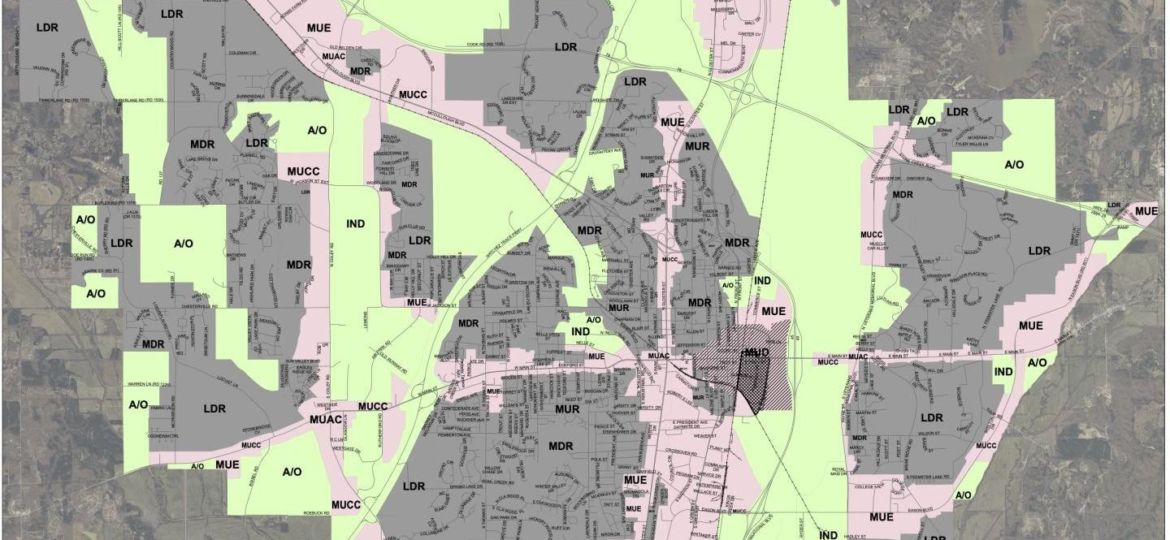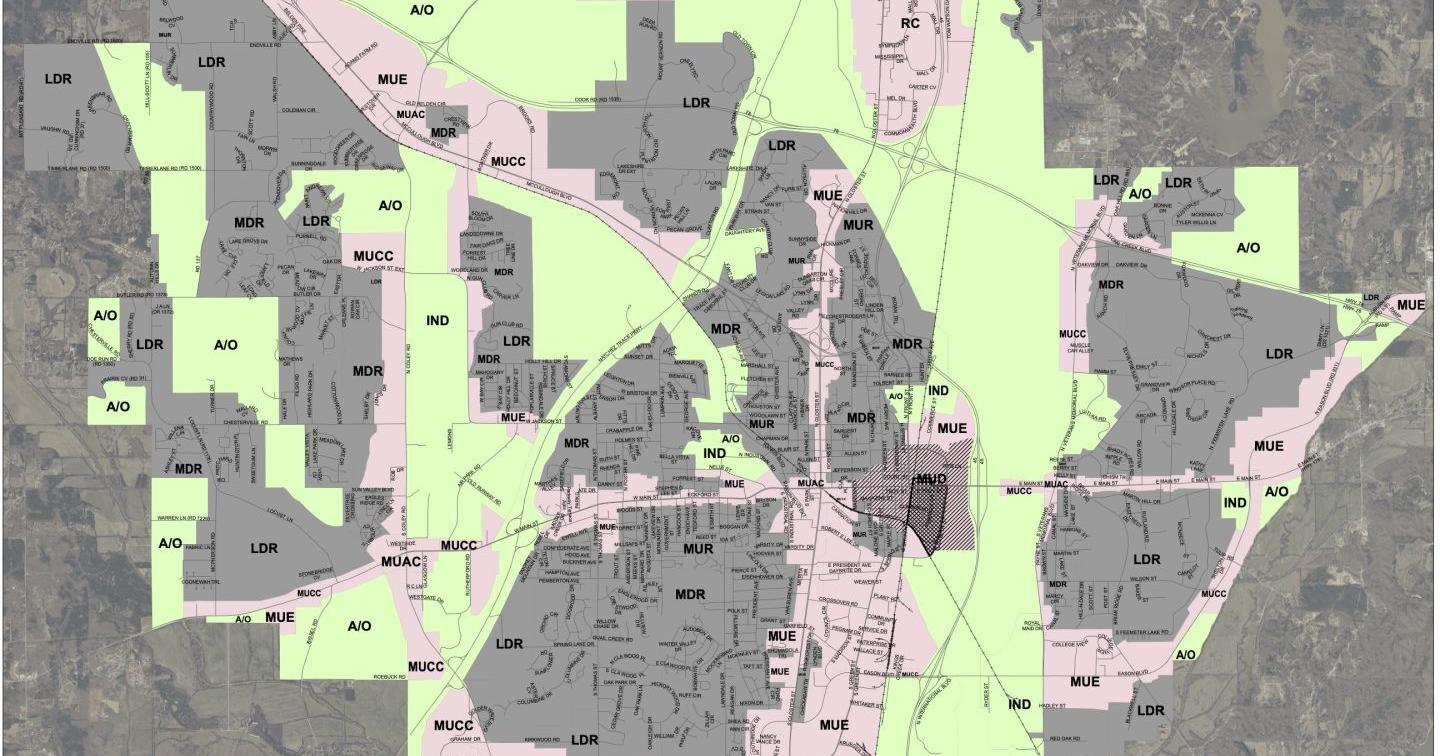

TUPELO • Members of the Tupelo City Council discussed their concerns about how the legalized cultivation and sale of medical marijuana will affect the city’s economy and crime rate during a lengthy work session, Thursday.
While poring over the details of a proposed ordinance that would regulate the growth and sale of medical cannabis throughout the city, council members aired their questions and concerns to the city officials who crafted the guidelines.
The proposed ordinance was approved by the Tupelo Planning Committee on Tuesday.
Economic impact was one of the largest concerns discussed by the City Council.
Ward 1 Councilman Chad Mims asked if there had been any studies on how the medical cannabis industry would affect the economy. Board attorney Ben Logan responded that while he didn’t know of any specific studies on that issue, the money from the industry would make its way to the city through sales tax reimbursements.
Logan noted it would be a topic to research further.
Ward 4 Councilwoman Nettie Davis, who said she supported medical cannabis, said she could “see an economic impact involved in this.”
Security and crime surrounding the locations of any medical marijuana facilities were also of concern to city leaders.
Ward 6 Councilwoman Janet Gaston asked Police Chief John Quaka what his opinion of possible crime influxes around establishments.
“I have thought about it a bit,” Quaka said. “Dispensaries do concern me. I think it is going to attract some criminal activity in their area, but it is hard to speculate.”
City Planner Jenny Savely noted the state legislature put a myriad of security measures in place before voting on Mississippi’s medical marijuana bill, including requirements that medical cannabis facilities be behind locked fences.
Tupelo’s proposed medical cannabis code amendments follow state regulations and further regulate facilities using pharmacies and liquor stores as a template. By the state and city’s regulations, dispensaries are placed under commercial or mixed-use zones, while both processing and cultivation facilities will go in agricultural zones.
The ordinance would prohibit cannabis facilities from locating 1,000 feet from churches, schools, correctional facilities, funeral homes and childcare centers. A 500 feet variance can be allowed with the permission of the protected place. Dispensaries are also restricted from establishing within 1,500 feet of another dispensary. Facilities are further prohibited from locating within the Fairgrounds subdistrict.
Savely said there were only about 1,000 already established buildings a dispensary could locate in the city without taking into account the 1,500-foot buffer zone between dispensaries and only about 200 locations cultivation or processing facilities could locate.
The ordinance also regulates processing and cultivation facilities by how much growing space they have. Anything over 15,000 square feet would need planning committee approval. Signage is also regulated, including a prohibition of cannabis plants, including buds and leaves, along with cartoon imagery on signs advertising a facility.
Council members didn’t make any adjustments to the proposed ordinance approved by the Tupelo Planning Committee.
The council will hold a public hearing on April 5 prior to their regular meeting to allow residents to voice their opinions on the proposed ordinance before the matter is brought to a vote.
City officials also have the option to disallow the growth and sale of medical marijuana altogether. If they do, Tupelo residents can file a petition to force the matter to come to a vote via special election.
Council members did not discuss the possibility of opting out of cannabis growth and sale during Thursday’s meeting. When asked, most members said they needed more time to weigh their options.
Ward 2 Councilman Lynn Bryan said he expects the City Council to adopt medical marijuana regulations in some form.
“I don’t think that the city will opt out unless we have something major come up,” Bryan said.

